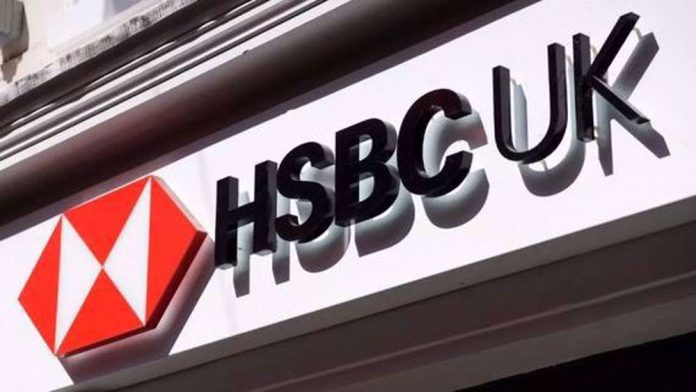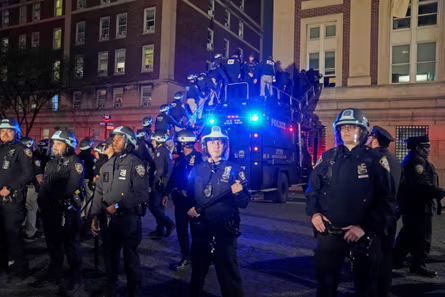A major Muslim organization in the UK has expressed concern about the government’s discriminatory practices and insisted that British banks target Muslims living in the nation, denying them access to financial services.
The Muslim Council of Britain (MCB) Secretary General Zara Mohammed complained that the UK discriminates against British Muslims by “disproportionately” denying them banking services and closing their accounts “without adequate transparency and recourse” in a letter sent to UK Prime Minister Rishi Sunak, Chancellor Jeremy Hunt, Labor leader Sir Keir Starmer, and Liberal Democrat leader Sir Ed Davey. The letter demanded the protection of universal banking rights.
The practice of banks refusing to provide services to British Muslims has continued “unhindered, with limited transparency into the relevant banking systems and decision-making processes, little to no recourse for those impacted, and no action taken by successive governments to address any of the aforementioned,” she wrote in the letter.”
The letter continued, “Many law-abiding Muslim individuals and Muslim-led organizations” have been “gravely impacted by the arbitrary withdrawal of banking services,” and it claimed that it had “become par for the course over the past decade” with no steps taken to stop it, leaving the group with “deep concerns.”
“We urge for an impartial review that not only addresses the mechanisms behind bank account closures but also examines why British Muslims are disproportionately affected by this issue,” the letter stated, calling for a probe into the decision-making process and the use of third parties in the financial services industry.
Muslims are the only faith group in Britain who are likely to be “unbanked,” according to the Financial Conduct Authority, the UK’s financial watchdog.
According to Fadi Itani, CEO of the Muslim Charities Forum in the UK, charities have been subject to bank closures for more than 20 years and are frequently “over-policed” by banking practices.
According to him, “this typically occurs with organizations working in more sensitive areas where there is a higher security risk, but we’ve found that this is extended to a much wider definition, creating an unfair burden for charitable organizations to work with.”
But concerns about the fairness of the so-called British “de-banking” issue, also known as the “arbitrary withdrawal” of banking services, only recently came to light after Coutts closed former UK Independent Party (UKIP) leader Nigel Farage’s account.
Following the closure of Farage’s bank account because of his political beliefs, the right-wing TV host started a campaign, strongly protesting his expulsion from Coutts.
The former member of parliament claims his account was wrongfully closed and calls for a “full apology” from Coutts Bank.
As part of his campaign against “woke capitalism,” Farage wrote in the Daily Telegraph that “every law-abiding citizen in this country should have the right to a bank account.”
At some point, Coutts made an offer to restore Farage’s personal and business accounts, which prompted the senior British politician to request compensation after the dispute became public.
Farage declared that “the fight goes on” and that he now wants a face-to-face meeting with the bank’s executives to discuss how many additional people had been impacted by account closures.
As a result of the dispute between Farage and the UK bank, the chief executives of Coutts’ parent company, NatWest, have resigned, and an independent investigation into Farage’s targeting has already begun.
So, he said, “I have today sent a legal litigation letter to Coutts where I want some full apologies, I want some compensation for my costs, but – more important than all of that – I want a face-to-face meeting with the bank’s bosses.
On his GB News program, Farage stated, “I want to find out how many other people in Coutts or NatWest have had accounts closed because of their political opinions, and I want to make sure this never happens to anybody else ever again.”













